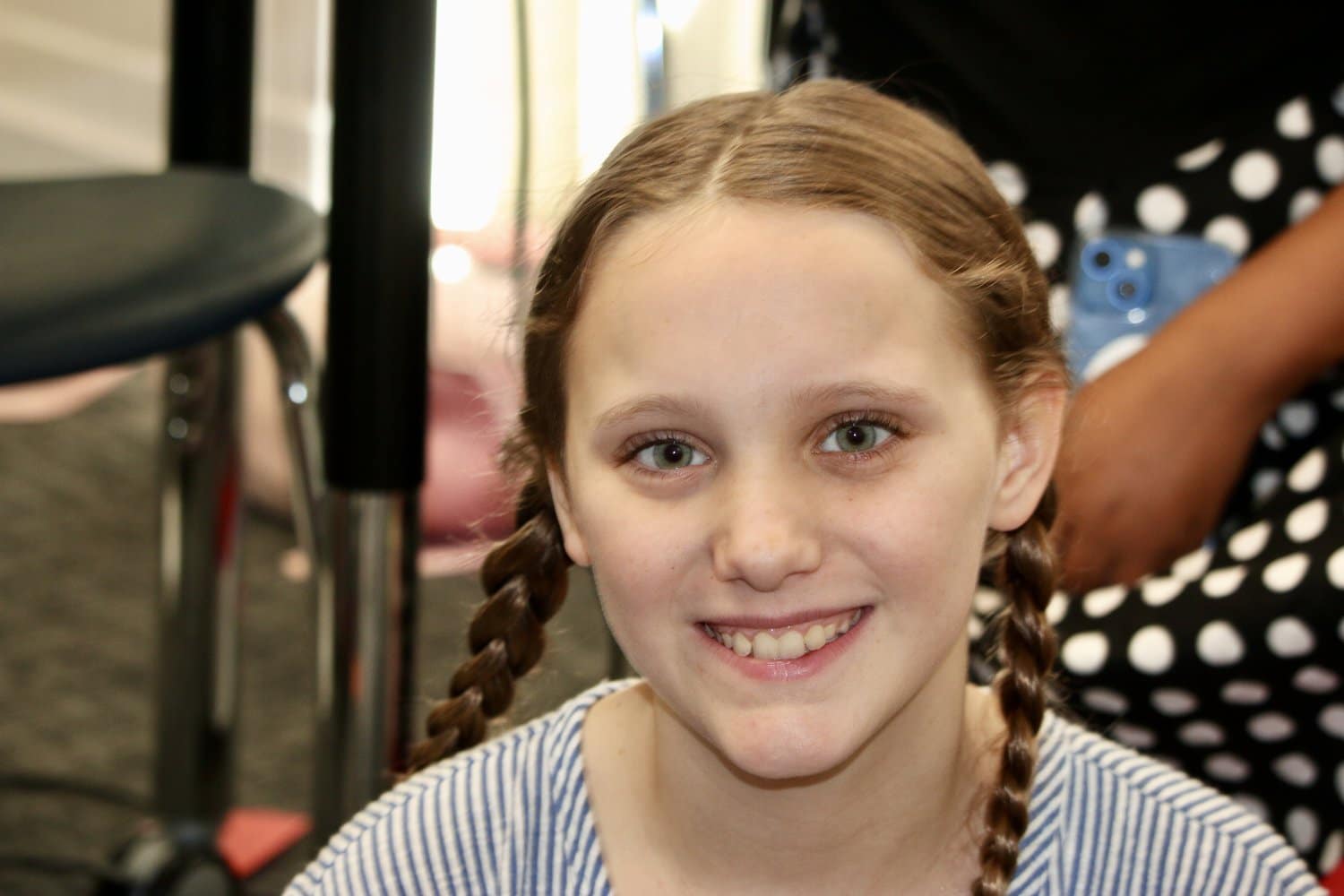Students Who Benefit Most From Academics West
The central purpose of creating a high-support school with a rigorous academic component is to develop an environment capable of meeting each student’s needs. The common denominator of all our students is that they are bright, kind, and creative and have failed to thrive in a typical educational placement. Moreover, we are proud of the diversity of our student population and staff. This diversity is represented by students of different races, socioeconomic and cultural backgrounds, and gender identities and orientations.
Our adolescents are best described as “internalizers” because their struggles are more inwardly experienced than outwardly expressed. Internalizers often refer to those who struggle with depression, anxiety, trauma, and other struggles that make it difficult for them to attend school and benefit from positive interpersonal relationships with peers. These students often have been diagnosed with co-occurring learning weaknesses or ADHD. Our CIA® model is designed to consider each student’s social-emotional needs and remediate learning weaknesses by using each student’s learning profile to develop an intervention plan to address areas of executive dysfunction. Simply, it is our intention that all adolescents who successfully complete our program have rehearsed skills acquired through evidence-based counseling and become strategic learners able to autonomously succeed in post-secondary education.
Like our adolescents, our younger students are highly intelligent and resourceful, but tend to externalize their behavior during times of stress. It is not uncommon for a student to start Academics West because their emotional struggles were not tolerated at their previous school. Our team of counselors craft a behavior plan for each student to support their acquisition of adaptive skills to help them regulate, engage in learning, and develop positive relationships with peers. Often, we have the rewarding pleasure of witnessing a once struggling student who has felt marginalized and misunderstood evolve into a capable student ultimately able to re-integrate into a less supportive setting. Like some of our adolescents, our younger students also need to acquire effective compensatory learning skills instructed by our special educators who are well-versed in our CIA® approach to remediation.

Why Is Academics West The Right Fit For Your Child?
The primary goal of our school is to function as an effective intervention for our students. Some students only need basic accommodations (e.g., smaller class size, extending time, assistive technology, etc.) while others require more robust support. Many of our families have found other settings are designed to help students with learning differences but do not provide adequate social-emotional support or vice versa. Since we can remediate both learning differences and provide mental health services, Academics West can meet the needs of most students with both mild to moderate learning struggles and emotional challenges. Our cross-disciplinary care model is highly structured and flexible so we can support the unique needs of each student.